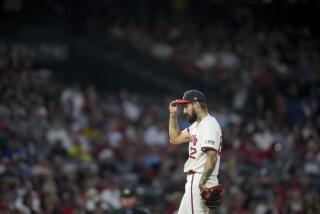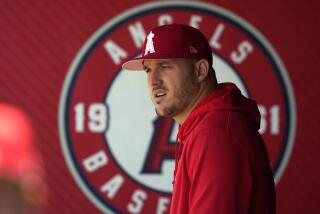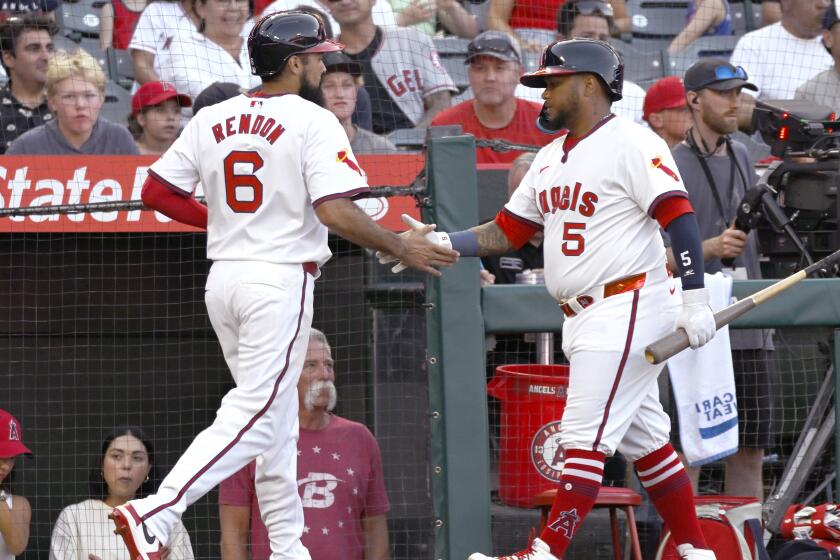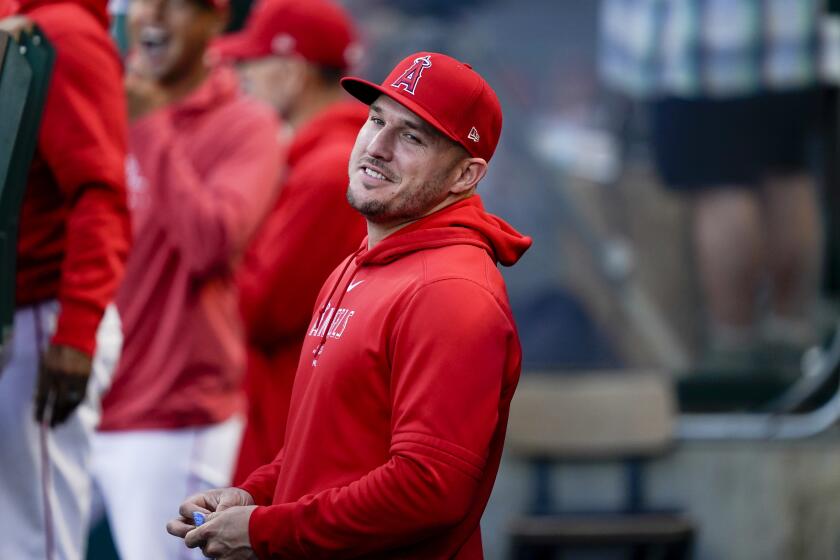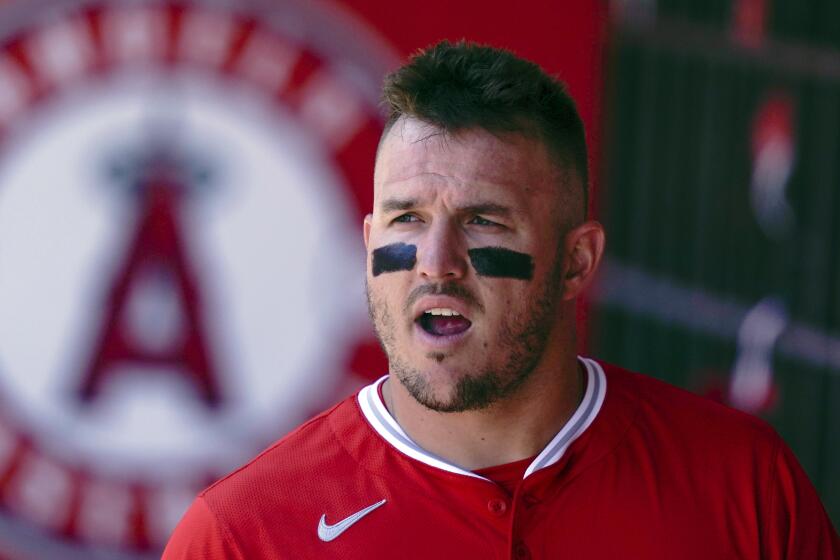Keeping Our Children Active--and Safe : Ex-Major Leaguer’s After-School Program Should Be Model for Other Communities
Bert Blyleven attended elementary, junior high and high school in Garden Grove before embarking on a Major League baseball career remarkable for its length--23 years--and his number of pitching wins--287. To his credit, he contributed to various Orange County organizations by appearing at or hosting fund-raisers, and he is still helping out.
Blyleven has organized a worthwhile after-school program at one Garden Grove elementary school to keep children from just sitting before the television or wandering the streets until their parents get home. Supporters of the 10-week pilot program hope that if it succeeds, it will be used in other schools in the city and the county.
The children seem to love it so far. A 12-year-old said if it weren’t for the program, “I’d probably just sit around at home and play Nintendo.” An 11-year-old agreed, saying the activities were preferable to television.
Blyleven, as director of the sports ministry at the Crystal Cathedral, conceived the program because there were after-school activities when he was in school, but few or none now because of years of ever tighter budgets. He said while some children can afford fees for Little League, or football or soccer leagues, children from the poorest families cannot. So the 100 Peters Elementary School students from fourth through sixth grade have a free program of organized games, sports and tutoring.
The Garden Grove Police Department helped identify neighborhoods that might benefit from the program; the Boys and Girls Club of Garden Grove provides paid counselors to supervise the children; the school district provides the space; a county program put up a loan to help cover start-up costs, and Blyleven donated some money. That’s an impressive roster of groups and could provide a model for cooperation.
The former pitcher, who wound up his career with the Angels, said children with nothing to do after school are susceptible to the lure of drugs and gangs. He said most parents want to do as much as possible to help their children, but are sometimes limited in what they can do. When parents just won’t help, he said, the community should. That’s a refreshing attitude and shows a keen eye for the importance of the community.
More to Read
Go beyond the scoreboard
Get the latest on L.A.'s teams in the daily Sports Report newsletter.
You may occasionally receive promotional content from the Los Angeles Times.
